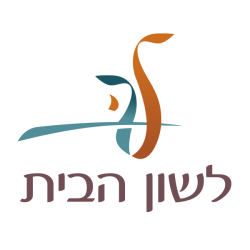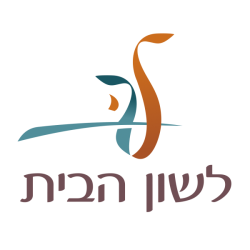Rabbi Naḥmias' righteousness

The Preservation of Jewish Languages and Cultures in memory of Hayyim (Marani) Trabelsy



General translation:
They used to call Rosh Hashana “Moed” (time). For Rosh Hashana they cooked barkoksh.
She mentions the blessings on the signs. In addition, they ate fish and called them “Hut”, which contrary to other communities who feared of ʿAyin Haraʿ (the evil eye), refrained from using the name ‘fish’ and called it “fi uj l’adu” (in the enemy's face).



General translation:
Sara tells what they used to lay on the Passover plate, and how they used to bless.
She explains how they used to prepare the haroset.
She describes the ceremony they did with the Passover plate - circling it around the guests’ heads and giving a blessing.

At first, there was a good relationship between the Muslims and the Jews. They even used to invite one another to weddings. The Jews did not eat at Muslim weddings; just watched the celaebrations and played a musical instrument called Zarman. The Arabs came to Jewish weddings, ate and participated in the celebration.
Until the Germans came (during World War II). That was on a Shabbat day, suddenly aircrafts covered the skies and darkened the day. We ran to the road, but we did not exactly have anywhere to run away to. There were Muslims who exploited the situation.
There were Arabs who liked my father and warned him of those who wanted to hurt him. The suggested he should hide in his shop so he would not get hurt (her father was a goldsmith).
These acts were conducted by the Muslims under the hands of the Nazis who ordered them to harass the Jews.

General translation:
When her husband made Aliya, he was a carrier, and lifted sacks to trucks. Until one day, this came to his mother’s knowledge who was still abroad at the time. She sent him a letter and asked him to quit this job immediately, and so he did.
With a partner, they bought goats and milked them. They made a living out of milking goats. She was the one who milked the goats.
Afterwards, they purchased sheep in partnership with a man from Netivot, until a sheep disease broke out and then he took them to another moshav - Luzit.
Thereafter, her husband built a petrol station at the entrance to Netivot. His daughter ran it with him.

